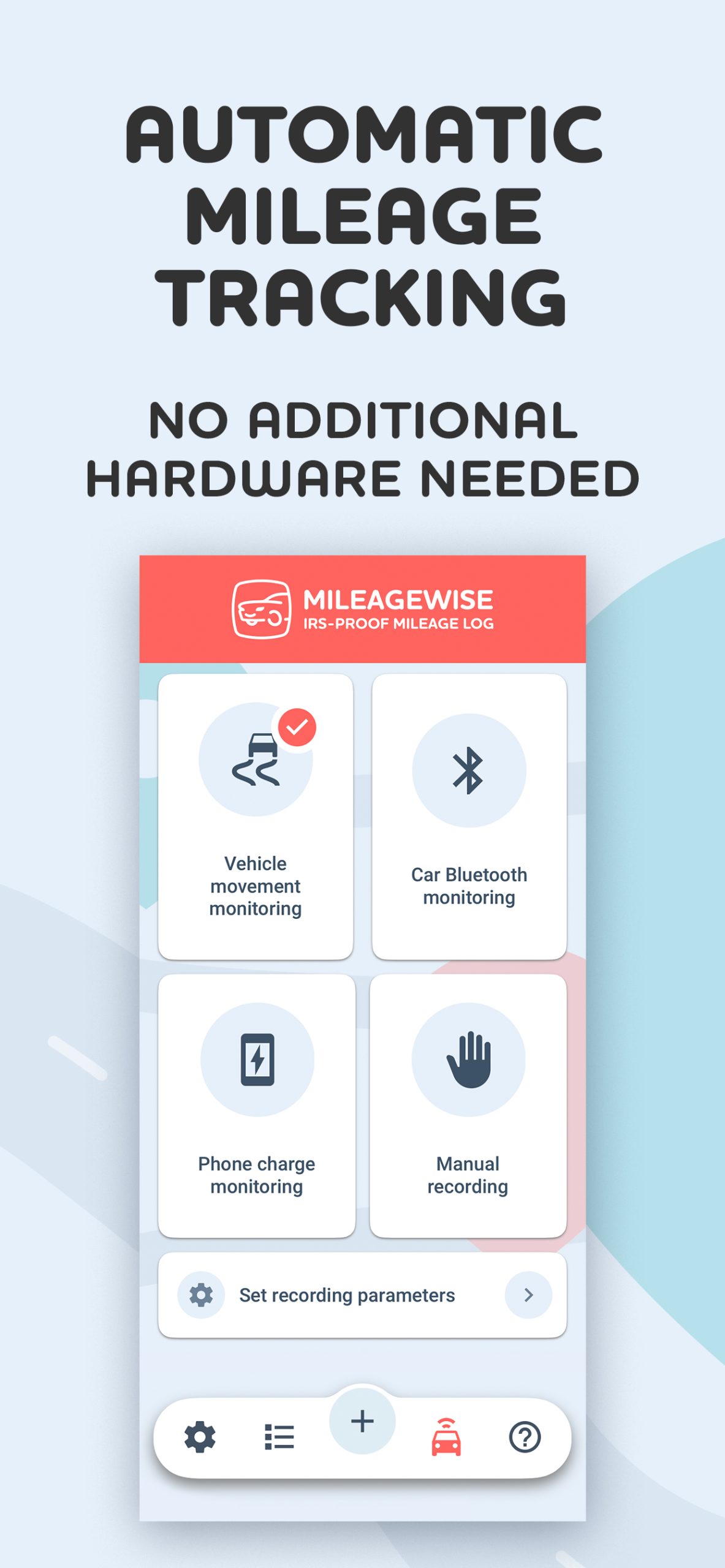Simplify Mileage Recording with a Mileage Tracker App and a Streamlined Mileage Log
Simplify Mileage Recording with a Mileage Tracker App and a Streamlined Mileage Log
Blog Article
Optimize Your Tax Obligation Reductions With a Simple and Efficient Mileage Tracker
In the world of tax reductions, tracking your mileage can be an often-overlooked yet essential task for optimizing your economic benefits. Recognizing the nuances of reliable mileage monitoring may disclose techniques that can substantially affect your tax obligation situation.
Relevance of Mileage Monitoring
Tracking gas mileage is vital for anyone seeking to maximize their tax obligation reductions. Exact gas mileage monitoring not just ensures compliance with IRS laws but also allows taxpayers to gain from deductions related to business-related traveling. For freelance individuals and entrepreneur, these deductions can substantially lower gross income, consequently lowering overall tax obligation.
Additionally, maintaining a comprehensive document of gas mileage aids differentiate in between individual and business-related trips, which is important for substantiating cases throughout tax audits. The IRS requires details documents, including the date, location, function, and miles driven for each trip. Without thorough records, taxpayers risk shedding important reductions or dealing with penalties.
Furthermore, reliable gas mileage monitoring can highlight trends in travel expenses, helping in better financial planning. By analyzing these patterns, people and companies can recognize opportunities to optimize traveling courses, reduce prices, and improve functional efficiency.
Selecting the Right Gas Mileage Tracker
When choosing a gas mileage tracker, it is vital to think about various features and capabilities that align with your specific requirements (best mileage tracker app). The first aspect to evaluate is the approach of tracking-- whether you like a mobile app, a general practitioner device, or a hand-operated log. Mobile applications usually provide convenience and real-time monitoring, while GPS gadgets can offer even more accuracy in distance measurements
Next, evaluate the assimilation capacities of the tracker. A good gas mileage tracker must flawlessly incorporate with audit software application or tax prep work devices, enabling straightforward data transfer and reporting. Search for attributes such as automated monitoring, which lessens the need for manual entries, and categorization options to identify in between company and personal journeys.

How to Track Your Gas Mileage
Selecting a proper gas mileage tracker establishes the foundation for reliable gas mileage administration. To properly track your mileage, begin by figuring out the purpose of your travels, whether they are for business, charitable tasks, or clinical factors. This clarity will help you categorize your trips and ensure you capture all pertinent information.
Next, consistently log your gas mileage. For manual entries, document the starting and ending odometer readings, along with the day, objective, and route of each trip.
It's likewise necessary to consistently review your access for accuracy and efficiency. Set a schedule, such as once a week or regular monthly, to consolidate your documents. This practice aids avoid disparities and guarantees you do not forget any insurance deductible mileage.
Finally, back up your documents. Whether electronic or paper-based, maintaining backups secures versus data loss and facilitates simple gain access to throughout tax obligation prep work. By vigilantly tracking your gas mileage and maintaining arranged documents, you will certainly prepare for optimizing your prospective tax obligation deductions.
Maximizing Reductions With Accurate Records
Precise record-keeping is vital for optimizing your tax obligation reductions related to mileage. When you preserve detailed and accurate documents of your business-related driving, you produce a durable foundation for declaring deductions that may considerably decrease your taxable income.
Making use of a mileage tracker can simplify this procedure, permitting you to log your trips effortlessly. Many apps automatically calculate distances and categorize trips, conserving you time and minimizing mistakes. In addition, keeping supporting documents, such as receipts for associated costs, reinforces your case for deductions.

It's crucial to be constant in tape-recording your gas mileage. Eventually, accurate and organized mileage documents are vital to optimizing your reductions, guaranteeing you take full advantage of the potential tax obligation advantages offered to you as a company motorist.

Typical Blunders to Prevent
Preserving meticulous records is a substantial step towards making best use of mileage reductions, however it's equally crucial to be conscious of usual mistakes that can weaken these efforts. One common error is failing to record all trips accurately. Also small business-related trips can accumulate, so overlooking to videotape them can bring about significant lost deductions.
One more blunder is simple mileage log not separating between individual and service gas mileage. Clear classification is important; mixing these 2 can trigger audits and cause fines. Additionally, some individuals forget to maintain supporting papers, such as invoices for associated expenditures, which can even more confirm claims.
Utilizing a mileage tracker app makes sure consistent and dependable records. Acquaint yourself with the latest policies concerning mileage reductions to stay clear of unintended mistakes.
Conclusion
Finally, efficient gas mileage monitoring is crucial for optimizing tax deductions. Utilizing a trustworthy mileage tracker streamlines the procedure of tape-recording business-related journeys, ensuring accurate paperwork. Regular evaluations and back-ups of mileage documents enhance conformity with internal revenue service laws while supporting informed financial decision-making. By preventing common pitfalls and preserving careful records, taxpayers can considerably minimize their general tax obligation obligation, eventually profiting their economic health. Implementing these techniques cultivates a positive approach to handling overhead.
Report this page